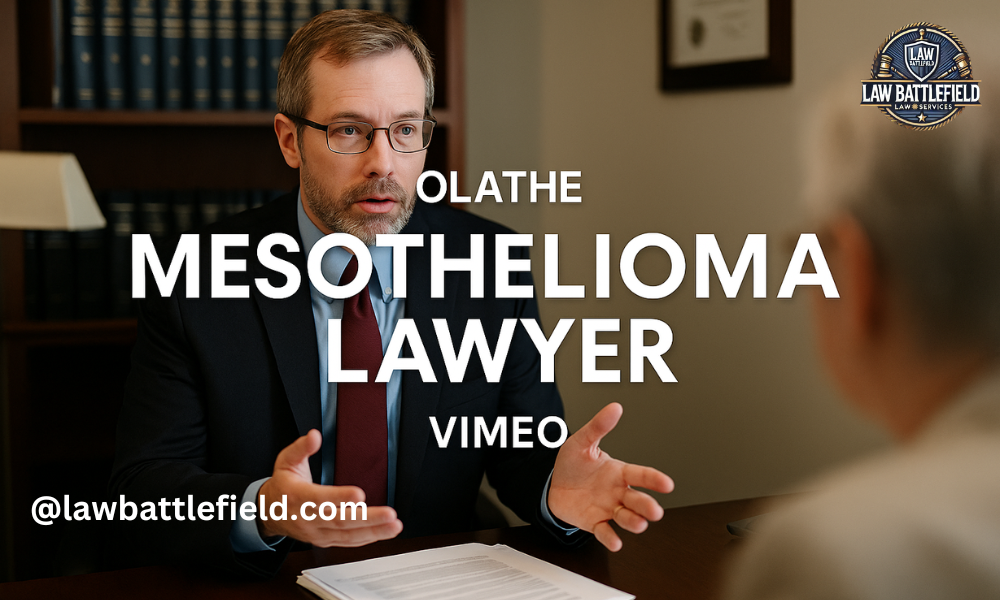Car accidents can be stressful and traumatic, often leading to serious injury, emotional distress, and financial loss. If you’ve suffered an injury in a car accident, you may be entitled to a settlement after filing a claim.
However, several factors affect the amount you’ll receive after filing a car accident claim. Understanding them can help you navigate the process to increase your chances of receiving fair compensation. Here are the factors that influence the settlement.
1. Severity Of Injury
The extent and severity of injuries suffered in a car accident significantly influence the settlement amount. More severe injuries usually impact the victim more, drawing a higher compensation for their claims.
The average payout for herniated disc, internal organ damage, fractures, spinal damage, and traumatic brain injuries is higher. This is because of the costly medical bills, extended recovery times, and potential long-term impacts on the quality of life.
2. Lost Income And Earning Potential
You may be entitled to compensation for lost income if your injuries prevent you from working. For more severe injuries that result in permanent disability, settlements also cover the victim’s future earning potential.
The victim’s employment and salary records are used to calculate these losses. For self-employed people, their tax history and business records are required to prove income loss. Victims can receive fair compensation for immediate and long-term financial setbacks.
3. Medical Expenses
The medical expenses incurred from the accident play an important role in determining the settlement amount during a car accident lawsuit. These costs show the severity of the injuries and the necessary treatments, including emergency care, medication, and surgeries.
The higher the medical expenses, the greater the settlement amount may be. However, besides past medical bills, anticipated future medical needs are also considered. These include long-term care and ongoing therapy.
4. Liability And Fault
Most states follow a comparative fault rule, which indicates that your settlement may be reduced if you’re partially at fault for the car accident. However, if the other party is more responsible for the event, you may still be entitled to compensation. Determining fault and liability is usually strenuous and requires evidence collection and investigation. Choosing the right car accident attorney is important to navigate this process.
5. Damage To Property
The extent of damage to the vehicle or other property directly affects the compensation in a car accident claim. This damage is evaluated based on the repair costs or the vehicle’s market value. Insurers usually rely on photographs, repair estimates, and appraisals to value the property damage. Besides vehicle repairs, settlements usually cover damage to personal items like luggage and electronics.
6. Pain And Suffering
Apart from economic damages like lost income and medical expenses, car accident victims may be entitled to compensation for their suffering and pain. This includes emotional distress, physical pain, and the loss of enjoyment.
While economic damages are easy to measure, pain and suffering are difficult to quantify. Insurers estimate this type of damage by using multiples of the economic damages to assign a monetary value to them.
Endnote
The settlement amount in a car accident claim depends on several factors, such as the severity of the injury, lost income, and medical expenses. Liability, property damage, and pain and suffering significantly influence the amount.
Was this article helpful? Check out more on Lawbattlefield.com





